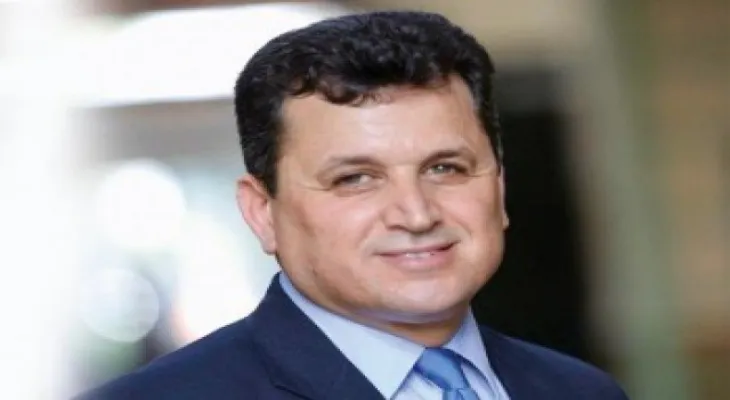Search here
Newspaper
Search here

Arab Canada News
News

Published: January 2, 2025
In light of the inability to deter the criminal, especially among those who engage in bullying and disregard the law, there are many questions that echo in the voices of citizens seeking to live in security and peace.
This becomes astonishing when we find individuals among criminals roaming freely in Canadian cities within a network of intersecting interests without deterrence.
From here, we find that deception in the world of crime is not just an attempt to escape punishment, but a destructive art mastered by the criminal to hide their truth and conceal their dark actions under the false guise of innocence and sincerity, with the help of complicit and self-serving parties.
But behind this "happy" beginning that seems to be on the path of evasion, there lie destructive endings that affect not only the criminal but society as a whole. How does deception evolve into a dangerous tool that threatens the pillars of justice and undermines the stability of communities?
The Beginning: The Criminal as an Artist in Deception
The criminal begins their attempt to deceive by mastering the art of camouflage and crafting elaborate lies, using their intelligence and skills to mislead justice. They may appear as innocent people, living their lives without suspicion, or as victims deserving of sympathy. They start narrating false stories aimed at distorting evidence, confusing security agencies, and may sometimes succeed in garnering the community's sympathy.
However, these deceptive beginnings do not reflect the truth of what the criminal conceals within their actions, as deception is merely the first step in a series of steps aimed at deepening the crime rather than ending it.
The Destructive Endings: The Impact of Deception on Society
1. Undermining Justice:
When the criminal succeeds in deceiving, justice is delayed, and reaching the truth becomes more complicated. Investigators may spend months, or even years, trying to unravel the mysteries of lies, leading to the depletion of resources and frustration for victims and their families.
2. Sowing Discord and Suspicion:
The deceiving criminal does not stop at deceiving the authorities, but their influence may extend to society. Doubt spreads among individuals, and solidarity turns into division. Victims may be viewed with suspicion, while the criminal is treated as a wronged hero.
3. Encouraging Crime:
If deception is not met with firmness, it becomes a motive for other criminals, who see it as an effective way to escape justice. Over time, deception becomes part of the culture of crime, leading to increased crime rates and escalating danger.
4. Erosion of Moral Values:
When truth is distorted, values are obliterated. People become accustomed to the idea that lying and deceit are means to achieve interests or evade responsibility. Thus, the principles that bind members of society to each other begin to disintegrate.
How do Beginnings Transform into Endings?
The criminal, in their attempt at deception, begins with small steps that seem harmless, such as fabricating stories or concealing evidence. With each step they take, they become bolder in exploiting the system’s gaps. However, they overlook that each lie plants the seeds for a destructive ending. Society, faced with such behaviors, learns, and over time develops means to uncover the truth, no matter how hard the criminal tries to hide it.
Solutions: How Can We Stop It?
1. Enhancing Legal Efficiency:
Authorities must possess modern tools and techniques to detect deception quickly and efficiently. Data analysis and fraud detection techniques can be powerful weapons against deception.
2. Community Awareness:
Raising community awareness about the risks of deception and how to detect it reduces the impact of the criminal. When everyone becomes more vigilant, the chances of criminals succeeding decrease.
3. Accelerating Justice:
The faster investigations and trials proceed, the less opportunity the criminal has to exploit time to their advantage. An agile and effective judicial system is a shield against deception.
4. Strict Accountability:
Attempts at deception should not go unpunished. A criminal who misleads the judiciary must face severe penalties commensurate with the impact of their actions on society.
Conclusion: Lessons from Tragedies
“Happy beginnings and destructive endings” is not just a phrase describing the path of the criminal who relies on deception, but a reminder that the truth, no matter how absent, remains present like the sun, waiting for someone to clear the clouds away. With each tragedy produced by deception, society learns to be more vigilant and more determined to uncover the truths.
Confronting attempts at deception is a shared battle that starts with every individual who believes in justice and ends with the triumph of truth, no matter how long it takes.
Comments